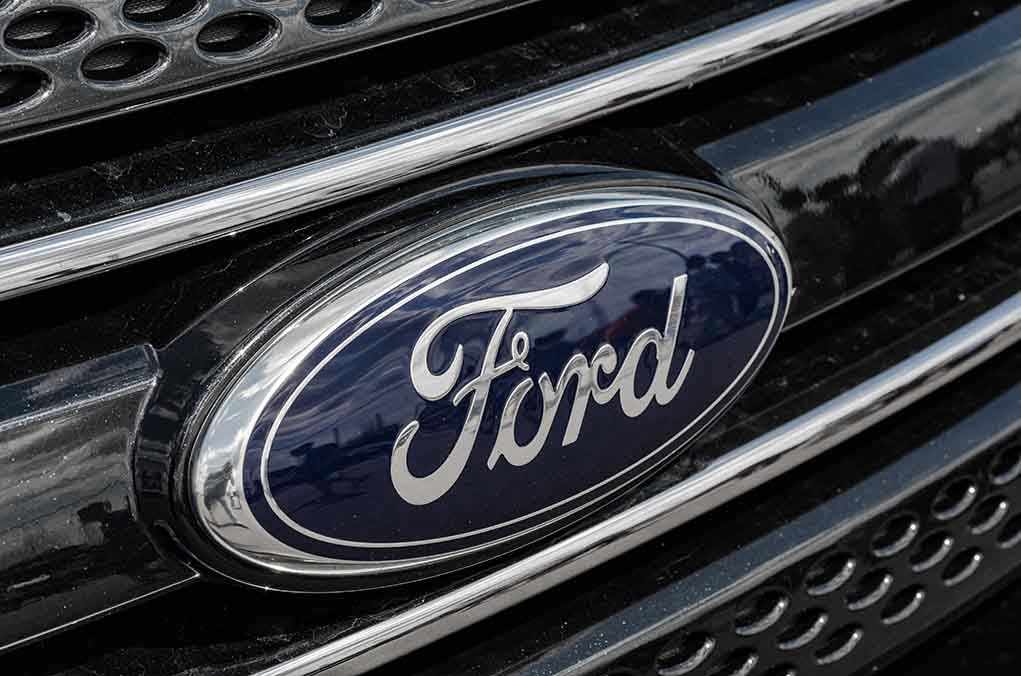
Ford’s recall of nearly 1.9 million vehicles exposes the real-world dangers of federally mandated technology, raising serious questions about government overreach and the reliability of so-called “safety” regulations.
Story Highlights
- Ford is recalling 1.9 million vehicles, including popular models like Mustang and F-250, due to defective rearview cameras that can fail or display distorted images.
- No injuries have been reported, but the defect has caused 18 accidents and led to tens of thousands of warranty claims.
- The recall follows a 2018 federal mandate requiring rearview cameras in all vehicles, spotlighting the risks of rushed, one-size-fits-all regulations.
- Owners face inconvenience and lost time, while Ford’s proactive response highlights deeper issues with electronic safety systems and regulatory pressure.
Massive Recall Stems from Federally Mandated Safety Tech
Ford Motor Company has launched a global recall affecting nearly 1.9 million vehicles manufactured between 2015 and 2019, including top-selling models like the Mustang, F-250, Edge, and Transit. The recall targets rearview cameras that may show inverted, distorted, or blank images, reducing driver visibility and increasing the risk of accidents. Although there are no reported injuries, the defect is linked to 18 accidents and over 44,000 warranty claims. Ford’s announcement follows a filing with the National Highway Traffic Safety Administration (NHTSA), with owners being notified by mail and instructed to bring their vehicles to dealerships for inspection and repair at no cost.
The root of this widespread problem traces back to a 2018 federal mandate requiring rearview cameras in all new U.S. vehicles. Lawmakers claimed the rule would reduce back-over accidents, but it forced automakers to rapidly implement new technology across their fleets. Ford’s recall—one of the largest in recent memory—underscores the unintended consequences of government-imposed mandates that prioritize compliance over proven reliability. Dealers are now managing a flood of service appointments as vehicle owners scramble to address the defect, facing disruption and lost time for a technology they had no choice in adopting.
Dealers, Owners, and Regulators—Who Bears the Burden?
Ford, under NHTSA oversight, is responsible for executing the recall and communicating with affected customers. Owners must take time out of their schedules to arrange service, while dealerships handle the logistical headache of repairing a massive wave of vehicles. Ford’s motivation centers on regulatory compliance, brand protection, and limiting liability. For everyday Americans, this episode highlights the growing disconnect between regulatory intentions and real-world outcomes. When unelected bureaucrats impose sweeping mandates, the fallout often lands on working families, small businesses, and local communities—those least able to absorb the cost and inconvenience.
Electronic safety features like rearview cameras, pushed by advocates for “progress” and “equity,” increasingly reveal themselves as double-edged swords. Ford’s challenges echo previous recalls for dashboard displays and brake systems, signaling persistent difficulties as automakers become tech companies by government fiat. Meanwhile, regulators may use these failures to justify even stricter oversight, threatening to layer yet more bureaucracy atop an already strained system.
Long-Term Implications for Consumers and Industry
In the short term, Ford owners endure inconvenience, uncertainty, and lost vehicle use as they comply with recall instructions. The long-term impact, however, stretches beyond any single company. Ford faces significant recall-related expenses and potential legal exposure, but the broader industry is now forced to assess the reliability of every federally mandated safety system. Heightened scrutiny from both regulators and consumers is likely, pushing all automakers to review and reinforce their electronic features. The recall also amplifies concerns about how quickly “innovative” tech—often promoted by globalist policymakers eager to expand government’s footprint—can backfire when rushed into mass production without rigorous vetting.
Ford recalls 1.9M vehicles over rearview camera defect that increases crash risk https://t.co/mktHsMR0GJ #FoxBusiness
— Church of Humanity Ascendant (@ascendant001) September 12, 2025
For conservative Americans, this episode is a clear warning about the perils of federal overreach and the erosion of consumer choice. As technologies multiply and mandates mount, families are left to deal with the fallout. The Ford recall demonstrates that more regulation is not always better—especially when it comes at the expense of reliability, freedom, and common sense. Lawmakers and regulators should remember: Safety can’t be legislated by decree, and the Constitution demands limits on government power, not endless intrusion into the lives of citizens.
Sources:
Ford recalls 1.9M vehicles over rearview camera defect that increases crash risk
Ford recalling 1.5 million vehicles due rear-view camera issue
Ford recall: Rearview camera defect leads to nearly 2 million vehicles being called back

